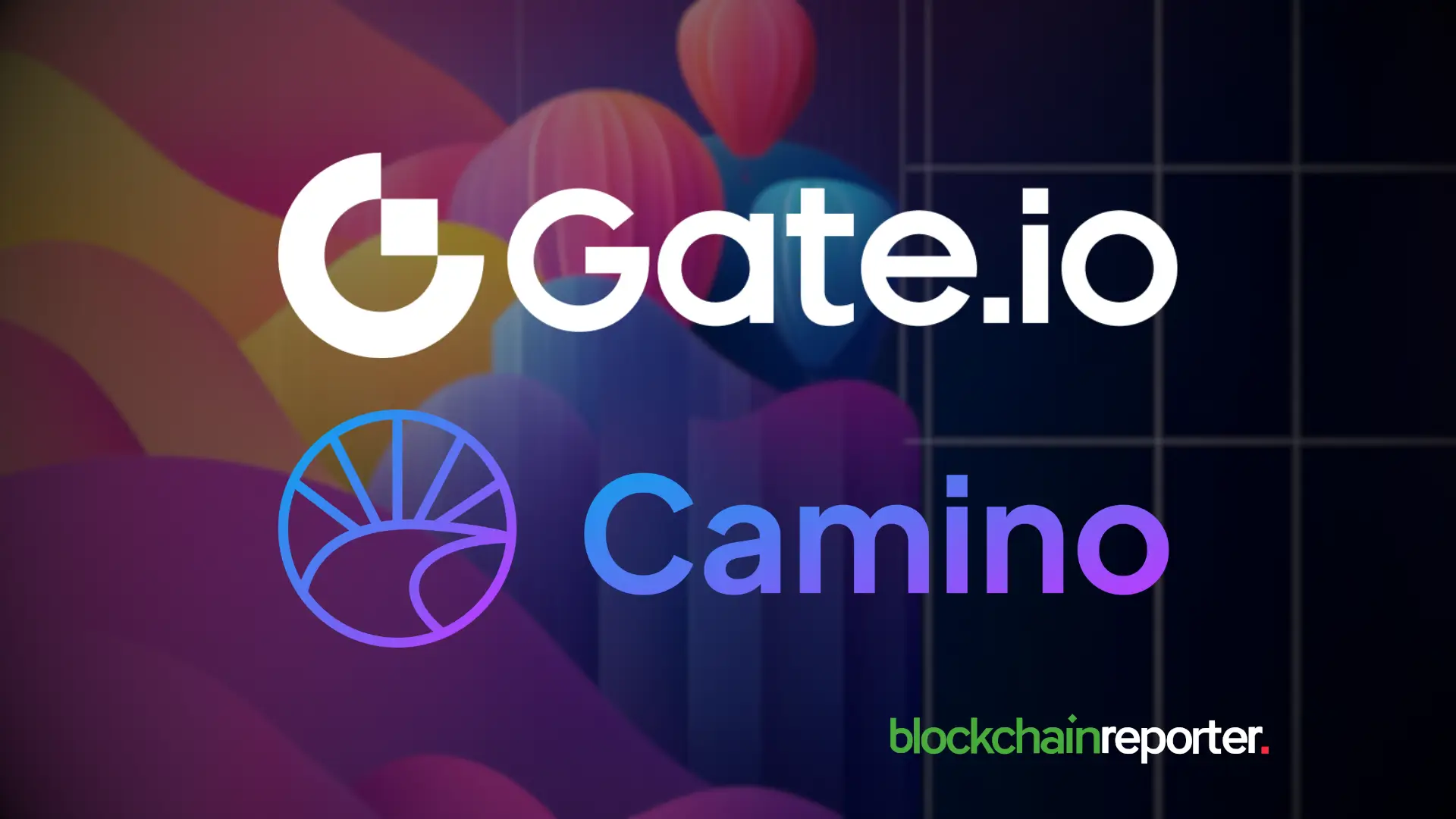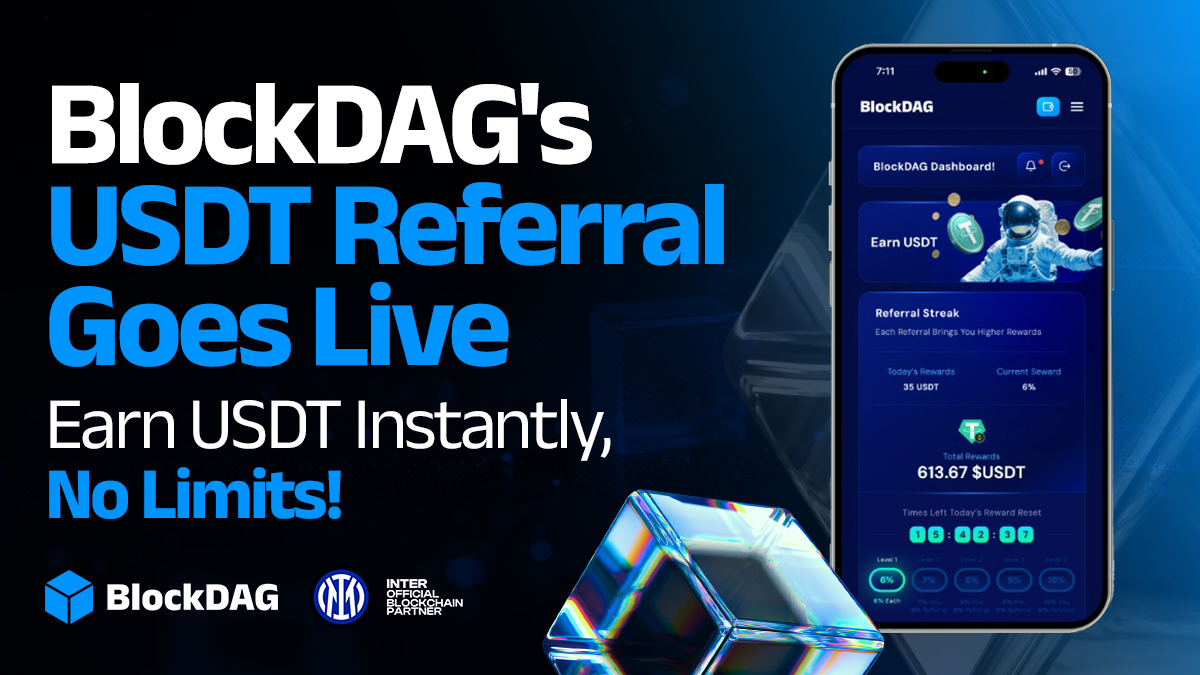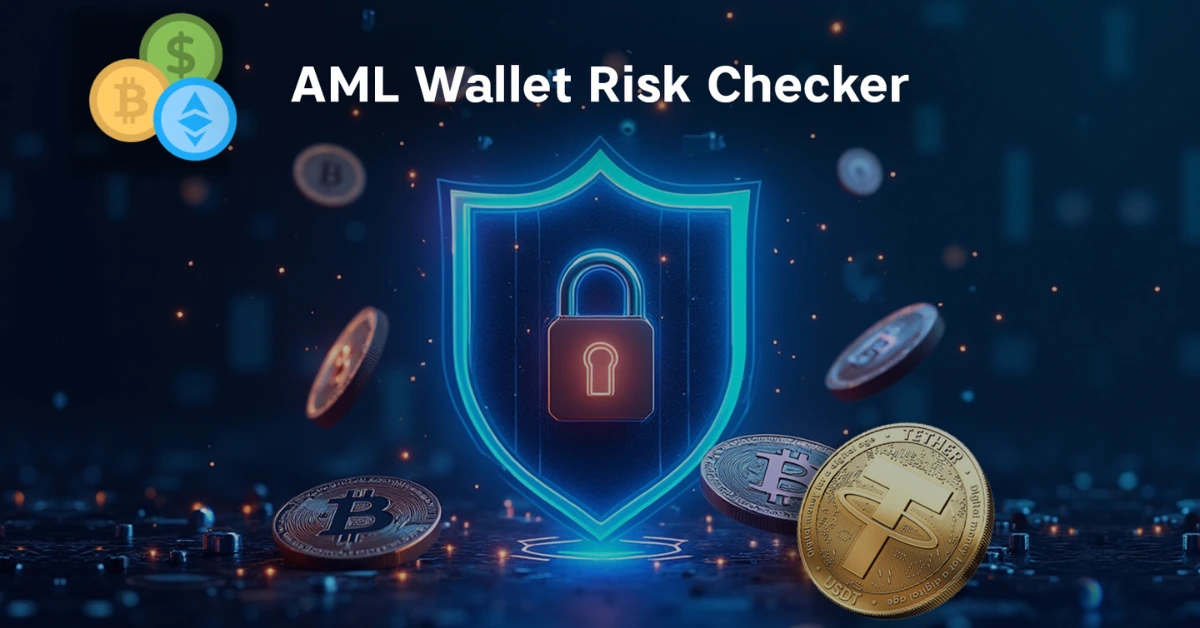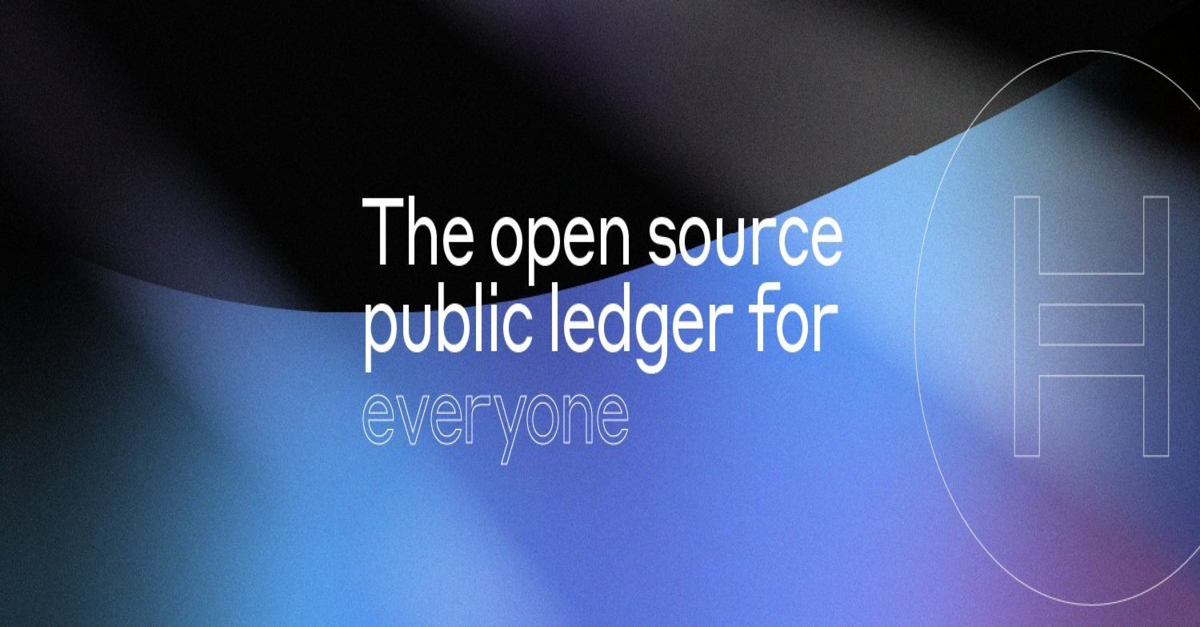Since its debut in April 2019, Solana has made great strides in the DeFi, NFT, and Web3 sectors. In Solana, there are hundreds of projects in progress, and there will be more shortly.
The company’s key selling point is “low cost, forever,” according to the website of Solana. The network and various blockchains, including Ethereum, are directly competing with one another.
Solana in a Nutshell
As an open-source blockchain technology with web-scale capabilities, Solana enables developers and organizations worldwide to build decentralized apps (DApps) with faster transaction speeds. This blockchain platform was built by its designers to offer the essential framework for high-performance decentralized apps.
By utilizing cutting-edge computational technology, it can handle a high number of nodes and scale transaction throughput proportionally while also utilizing network bandwidth.
To increase performance and scalability, Solana uses a combination of proof-of-stake (PoS) and proof-of-history (PoH) consensus techniques.
Also read: Will VeChain (VET) Reach $1?
What is Staking?
Crypto staking is the technique of holding and locking cryptocurrency in a digital wallet in order to maintain the operations of a blockchain network, such as Solana. They contribute to the network’s security, consensus mechanism, and overall operation by doing so.
Staking is typically connected with proof-of-stake (PoS) blockchain systems, in which validators are chosen based on the amount of cryptocurrency they hold and commit to staking to create new blocks and validate transactions.
Staking provides cryptocurrency holders with an option to earn passive income on their holdings. Instead of resting their crypto assets in a wallet, users can stake them to make the assets work for them and earn free money.
Also read: How to Stake XRP?
How to Stake Solana
In order to stake Solana, you will require a crypto wallet that is compatible with SOL. There are several wallets available that support this coin, including Solong Wallet and Phantom Wallet.
Once you have obtained your wallet, follow these steps to begin staking Solana:
- Download and install the wallet software and/or deposit your SOL tokens into the wallet.
- Access your SOL balance within the wallet.
- Choose the option for staking within your wallet’s interface.
- Locate the list of validators and enter “Blockdaemon” as your selected validator.
- Click on “Blockdaemon” and proceed to start the staking process.
- Enter the desired delegation amount in the provided “Amount” field.
- Await confirmation of your stake.
Please note that any wallet supporting SOL can be used for staking, as mentioned earlier. Blockdaemon’s example employs the use of the Phantom wallet, but you also have the option to utilize wallets such as the Solflare Wallet, Solong Wallet, Ledger Nano X Wallet, and Atomic Wallet.
Credit: Source link















































